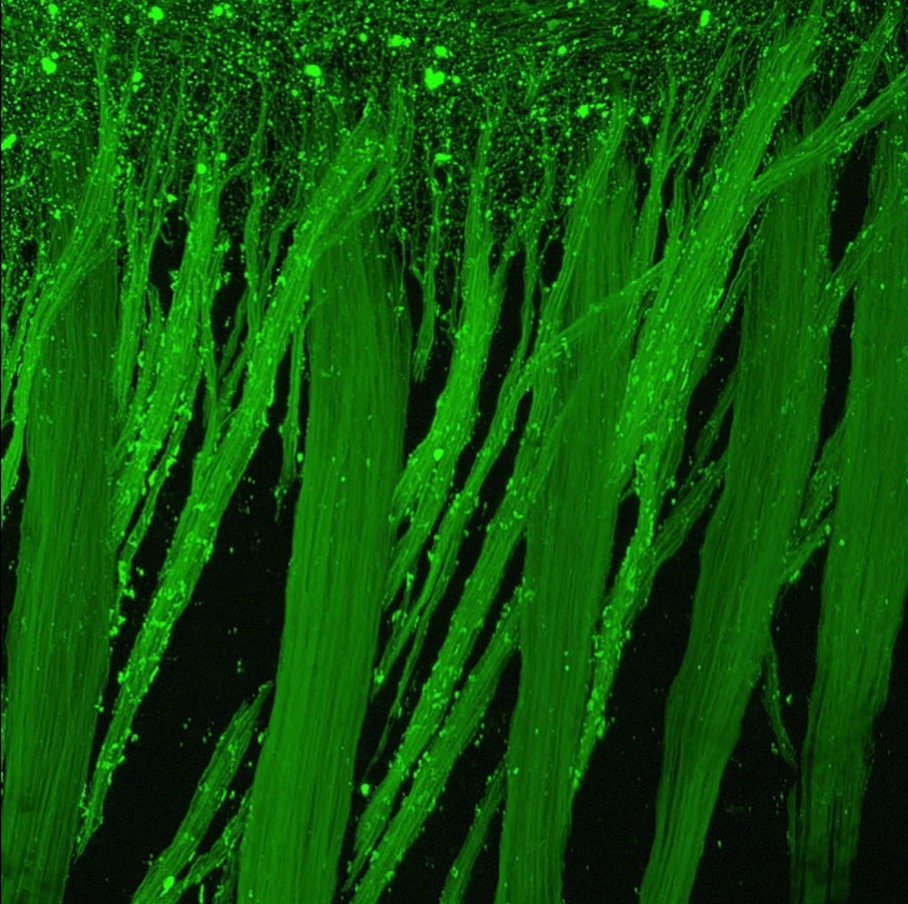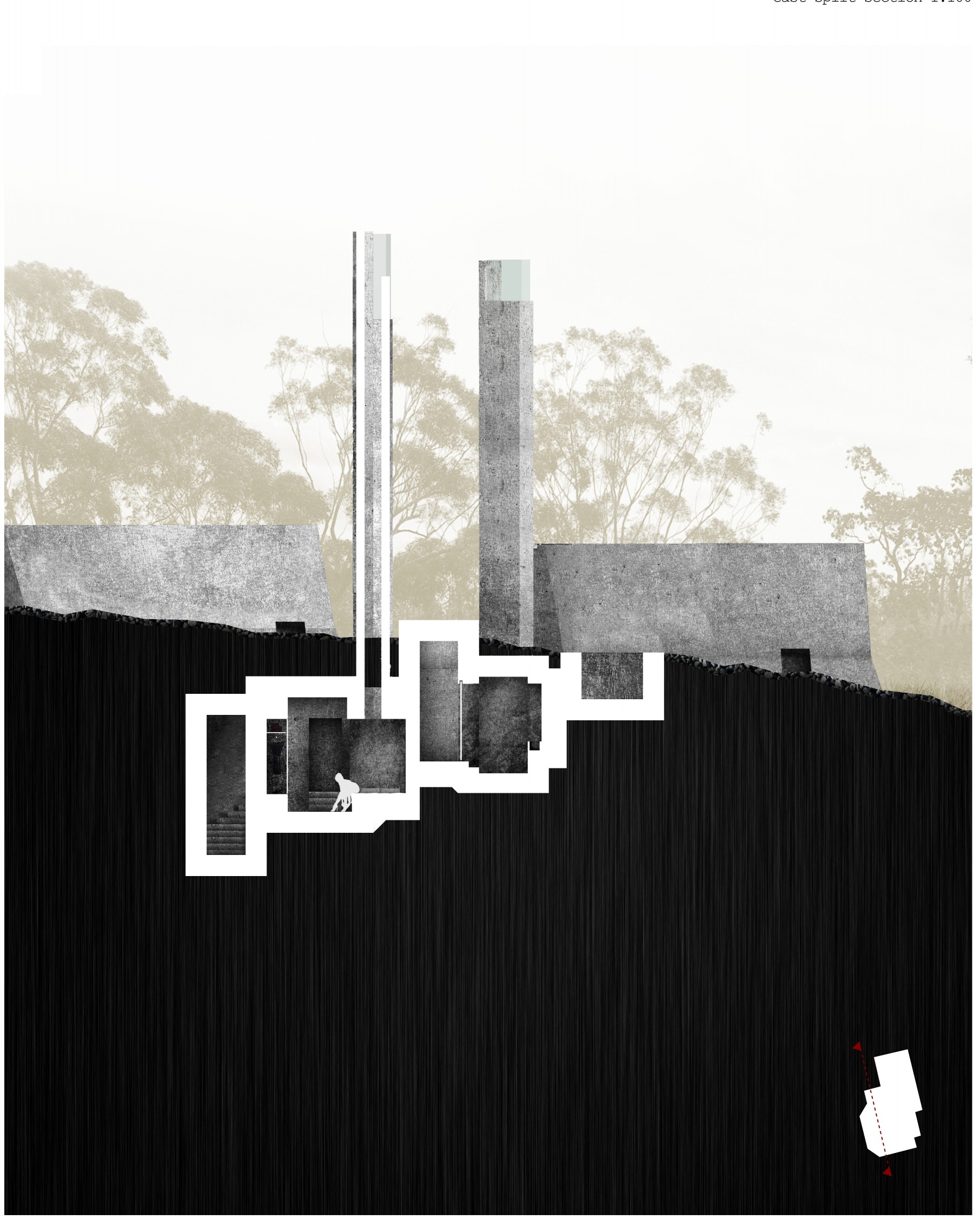Jessica Korte is a PhD candidate with the Griffith School of Information and Communication Technology. Her research will create a method for designing technologies with young Deaf children.
Transcript
In 1837—the year Victoria became Queen—a man named Charles Babbage invented the world’s first computer.
At the time, “computer” was a job title given to human mathematicians who calculated problems with the aid of tables and books.
But these computers made mistakes, which infuriated Babbage. So he designed a machine he called the Analytical Engine. It had a central processing unit, which he called the “mill”; memory, which he called the “store”; and a programming language, based on the punched cards used to control looms, which allowed for complex programs to be created.
The first computer program was written by the Countess of Lovelace, Augusta Ada King, the daughter of the poet Lord Byron. Lovelace saw that the Analytical Engine could be used for things other than mathematics, including composing music.
Sadly, the Analytical Engine was never actually built, and faded into obscurity. Otherwise the computer revolution of the 1950s might have happened a century earlier.






While it is true that the Analytical Engine was not built during Babbage’s lifetime, it was partially build by him, and it is now being constructed (see plan28.org).
Also interesting is the Antikythera ‘clock’
https://en.wikipedia.org/wiki/Antikythera_mechanism